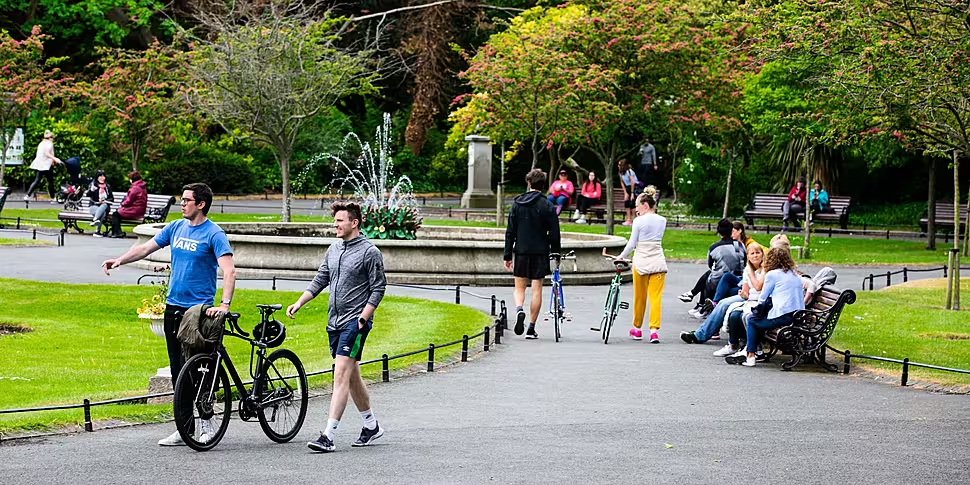New research suggests more people are optimistic that the worst of the pandemic is behind us.
It comes as NPHET is set to meet on Thursday and make recommendations to Government over a potential easing of restrictions.
Pete Lunn is head of the ESRI's Behavioural Research Unit.
He told Newstalk Breakfast optimism is high, based on data from the last week.
"To sort of borrow a phrase I'd using during more normal times about the economy: there's sort of green shoots.
"So we can see people's mood is lifted - and actually, of course, January's not famously a time for people having great mood.
"But we can see the mood's actually lifted among the public, we can see that there is a greater degree of optimism.
"This isn't a huge effect, but it is there... I would expect to see that growing a little bit further".
And he says people are looking on the positive side.
"People's expectations have become a little more positive, we can see a bit more optimism... and a higher proportion of people now saying they think the worse of the pandemic's now behind us.
"The data would suggest that there is some optimism there, but of course as we know there's a long way to go".
'We have flattened another curve'
And he says they have also seen behavourial changes since Chrsitmas.
"There's been really large behaviour change over Christmas, and particularly just after Christmas into new year.
"We've got more people staying at home, we've got fewer people going to work.
"We've got people reporting not only that they are taking mitigation measures more... but we've also got them reporting they see other people doing the same thing.
"We really have changed our behaviour and flattened another curve.
"And I think it's really important to understand that, because if we go back too quickly... obviously that is going to have an impact on infections".
He says while the majority of people believe the right amount of restrictions are in place, that is already starting to shift.
"The latest data we have is from last week, and we know last week that 69% of the population thought that the level of restrictions was about right.
"Of the others, 20% thought they were too weak - and about 11% too strong.
"So it's actually more people who thought they were too weak than too strong.
"That is last week, the numbers have started to change even in the last few days.
"You would expect that to start to move as we get data in this week.
"But for now, I think it's probably fair to say that the data are pretty supportive of the approach".









